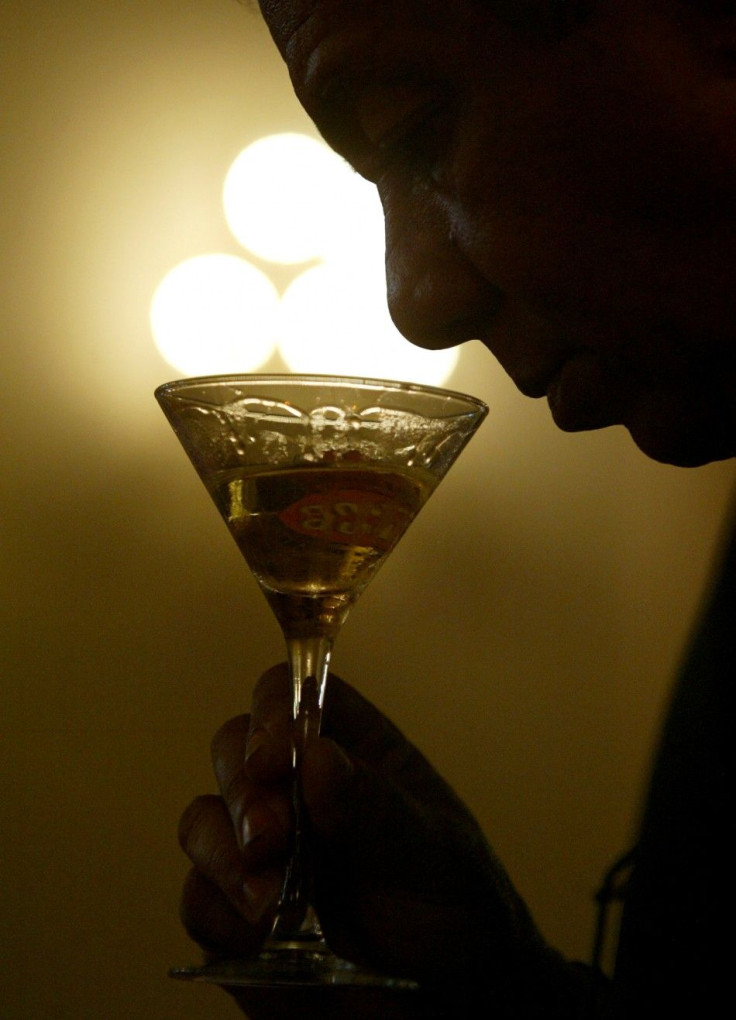Supreme Court Of Canada Rules Against Random Alcohol Testing In The Workplace

The Supreme Court of Canada has ruled against random alcohol testing in the workplace in the court’s first consideration of the issue. The case was brought by the Communications, Energy and Paperworkers Union of Canada against Irving Pulp & Paper, Ltd.
In July 2011, Irving implemented a policy of random alcohol testing of its employees in safety sensitive positions at its paper mill operations. A random sample of 10 percent of its employees was tested each year with a breathalyzer. No cause was required for the test, according to an analysis from Mondaq, a website that covers global legal issues.
Lower courts ruled that, because the paper mill is considered “inherently dangerous,” the employer does not have to prove the existence of a problem with alcohol in order to justify random testing. The Supreme Court, however, considers that as only one part of the analysis.
The Supreme Court ruled that since in the 15 years before the implementation of random testing, Irving never found a problem with alcohol in the workplace and that, since the implementation no employee has tested positive for alcohol, the policy is an unreasonable exercise of its management rights and severely impacted the privacy of its employees, according to Mondaq.
© Copyright IBTimes 2024. All rights reserved.





















